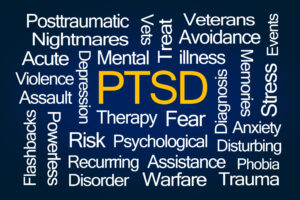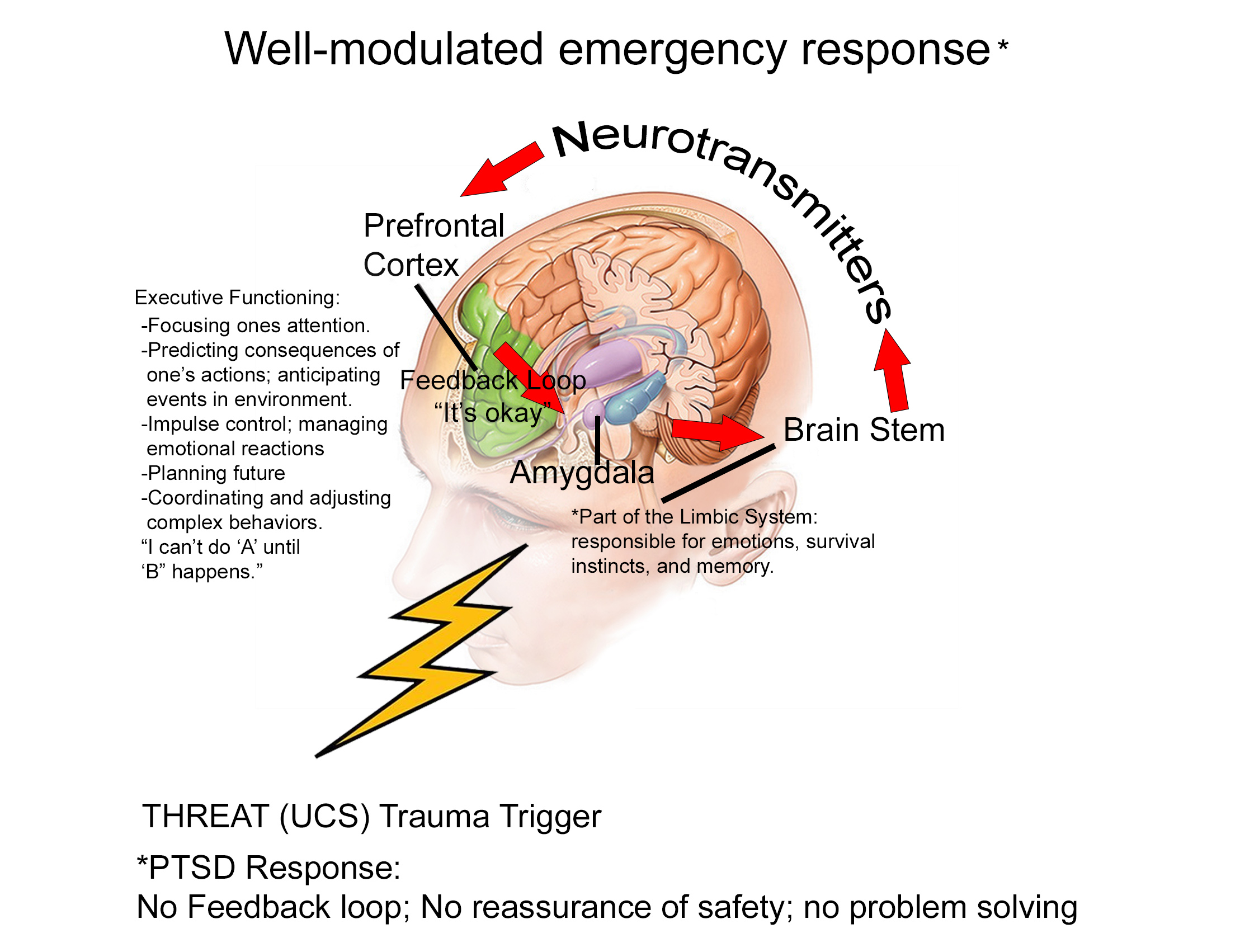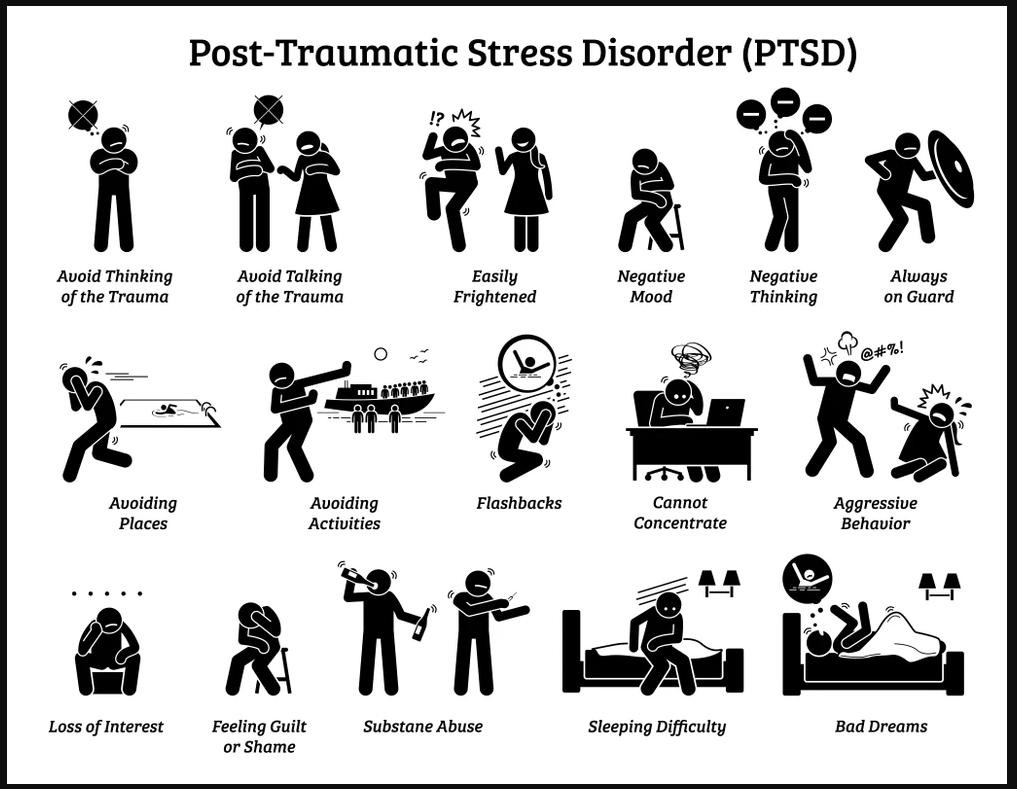PTSD
 MST may cause disabling conditions such as post-traumatic stress disorder ( PTSD ). You must know a lot about PTSD to deal with it. What are the Types of Trauma that cause PTSD?
MST may cause disabling conditions such as post-traumatic stress disorder ( PTSD ). You must know a lot about PTSD to deal with it. What are the Types of Trauma that cause PTSD?
Do not let anyone say your PTSD was caused during your childhood or before or after your service.
First Here is how you are rated for PTSD which is “38 CFR 4.130 – Schedule of ratings–Mental Disorders”
Second: The VA uses the DSM 5 Tests. You must meet certain criteria in order to be diagnosed with PTSD according to DSM-5 PTSD Diagnosis Tests. Learn a lot more about how the VA Tests using DSM 5
Third: A PTSD rating is not that easy to get. You have to live it to prove it.
- Take this PTSD Screening test.
- When you meet with a Mental Health Specialist talk to them. Don’t say “Oh! I’m okay”.
- There are no set standards for how a Veteran receives treatment or is given a rating for PTSD. Some immediately go for treatment some get a rating first. Each veteran has their own experience.
The following short animated videos use hand-drawn images to help you learn about PTSD and effective treatments. Whiteboard Videos
You truly hear, see, feel, and taste what happens created by the neurotransmitter in our Amygdala. Talk to your VA Counselor about this. This is the teaching aid and is impossible to explain. Talk to a professional about this. Our Neurotransmitters respond to threats allowing our Amygdala to make us relive the trauma caused by PTSD.
The amygdala is a structure in the brain’s limbic system (known as the emotional seat of the brain) that helps determine whether or not a threat is approaching, and if so, sends out a danger signal, initiates the fight-or-flight response, and then helps indicate when the threat is gone. When one has experienced trauma, the amygdala remains hyper-alert to even non-threatening stimuli and activates the fight-or-flight response system despite being safe. While experiencing PTSD, the brain can get caught up in a highly alert and activated loop during which it looks for and perceives threats everywhere. Mindfulness Practice



